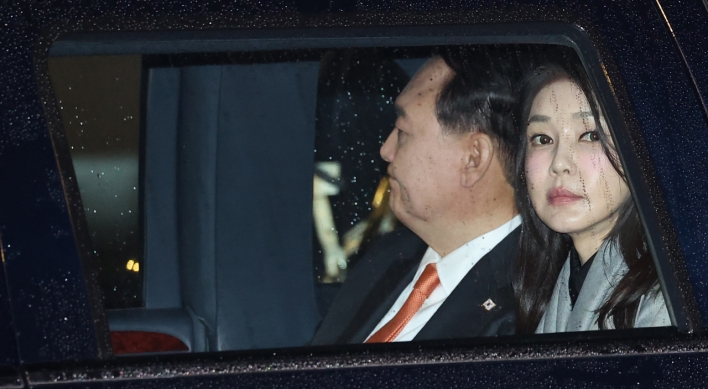
Canadian computer scientists say a computer can reconstruct lost languages by analyzing the sounds uttered by those who speak their modern successors.
Alexandre Bouchard-Cote at the University of British Columbia in Vancouver and colleagues report a machine-learning algorithm can suggest the most likely phonetic changes behind a language‘s evolution as words mutate and sounds shift.
As an example of sound shifting, the researchers cite a recent change known as the Canadian Shift, where many Canadians now say “aboot” instead of “about.”
“It happens in all words with a similar sound,” Bouchard-Cote told NewScientist.com.
The researchers used the computer algorithm to analyze thousands of word pairings in 637 Austronesian languages, a language family that includes Fijian, Hawaiian and Tongan.
The system was able to suggest how ancestor languages might have sounded and also identify which sounds were most likely to change, they said.
The technique could help preserve endangered languages if they are phonetically related to more widely spoken tongues, Bouchard-Cote said. (UPI)
<관련 한글 기사>
수 백 년 전 언어모습 밝혀
캐나다 연구팀이 현대인의 말을 통해 해당 언어의 과거 모습을 알아낼 수 있는 컴퓨터 기술이 있다고 밝혔다.
브리티시콜롬비아대학교(University of British Columbia) 알렉산드레 부처드-코트(Alexandre Bouchard-Cote)는 단어 변화를 일으키는 음성학적 성격을 가장 잘 반영하는 머신-러닝 알고리즘을 발표했다.
단어 변화의 예로, 최근 캐나다인들이 어바우트(about) 대신 어부트(aboot)라고 발음하는 것이 있다고 연구팀이 전했다.
"비슷한 소리의 모든 경우에 이러한 현상이 발생합니다."라고 부처드-코트가 NewScientist.com에 말했다.
이번에 발견된 컴퓨터 알고리즘은 현재 637개의 오스트로네시아어족의 언어를 조사하고 있다. 피지어, 하와이어, 통가제도어가 이에 해당한다.
본 알고리즘을 통해 언어 단어들의 과거 발음과 앞으로 발음이 어떻게 바뀔 것인지에 대한 예측이 가능하다. 위기언어들을 복구하는 데에도 큰 도움이 된다고 부처드-코트가 전했다. (코리아헤럴드)
-
Articles by Korea Herald



![[AtoZ Korean Mind] Does your job define who you are? Should it?](http://res.heraldm.com/phpwas/restmb_idxmake.php?idx=644&simg=/content/image/2024/05/06/20240506050099_0.jpg&u=)















![[K-pop's dilemma] Is Hybe-Ador conflict a case of growing pains?](http://res.heraldm.com/phpwas/restmb_idxmake.php?idx=642&simg=/content/image/2024/05/07/20240507050746_0.jpg&u=)